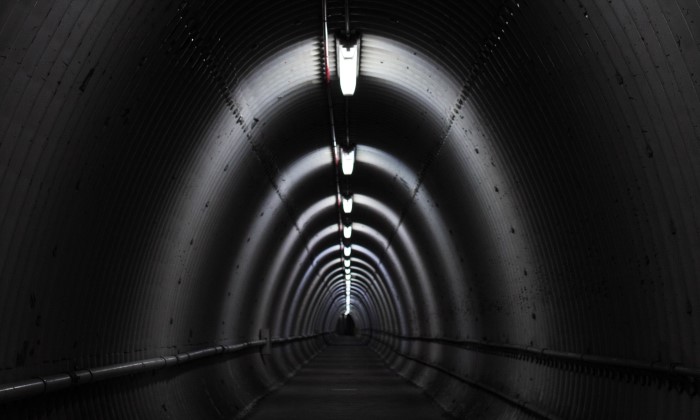Lack Of Safety Equipment
Tunnel-related accidents present a major hazard in underground construction works, as such cases can cause devastating injuries and fatalities. It becomes even more crucial to ensure proper safety equipment use due to most tunnels’ enclosed nature. Sturdy support structures, compliant materials, and fire-resistant barriers are necessary to protect workers from gases and dangerous elements inside the tunnel. At the same time, helmets and other protective gear protect against potential impacts. The lack of attention to safety protocols can lead to increased death rates, which can be avoided with the strict implementation of proper safety equipment in all tunnel-related projects.
Falling Debris
Tunnel workers are always at risk of injury or worse. Unstable parts of the tunnel, falling debris, and other common accidents can devastate these individuals and their families. In an unfortunate event like this, an injury lawyer Queens NY may be able to seek recompense for the victim and their family to provide peace of mind. However, safety is still paramount when it comes to working in tunnels. Prevention is the best way to avoid injury from falling debris or other potential dangers in a tunnel environment, so employers must take all necessary precautions for their employees.
Collapsed Tunnels
Tunnel work is complex and dangerous; sadly, collapsed tunnels can be just one more potential hazard tunnel workers have to worry about during their day-to-day operations. Collapsing a tunnel can lead to workers getting trapped and facing extreme conditions, including the possibility of depleted oxygen supplies or hazardous air quality. Furthermore, such accidents also put surrounding buildings at risk of collapse due to the weakened structural support. Tunnel workers must always be vigilant when performing their duties and take every precaution possible to ensure their safety to mitigate any potential dangers related to collapsed tunnels.
Falls From Scaffolding
One of the most significant risks to professional tunnel workers falls from ladders or scaffolding. Working in tight, enclosed spaces can leave workers at a greater risk of losing balance due to restricted movement. Thus, it is vitally important that employers provide workers with all the necessary safety equipment and knowledge they need to operate safely within a tunnel. Height-related accidents account for numerous fatalities in the tunnel-building industry, leading to catastrophic injuries such as broken bones and head trauma. Further, there have been several reports of ladder and scaffolding collapses resulting in severe consequences for the affected workers. It is abundantly clear that proper safety precaution is critical for any working in tunnels within the construction industry.
Slip And Fall
Tunnel workers, who often work in the dark, poorly lit areas, are at a high risk of slipping and falling, resulting in accidental injury or death. While it might seem like a simple hazard, slipping and falling are not to be taken lightly – especially when tunneling through unfamiliar underground passages. Unfortunately, many workers lack adequate protective equipment for this hazardous work, putting themselves and their fellow workers in danger daily. Given these risks, tunnel safety protocols must be followed closely, and tunnel operators take reliable steps to protect their staff from dangerous falls, especially while traveling in darkness.
Inadequate Worker Training
Inadequate worker training can have catastrophic results in the tunnel industry. Poorly trained employees may not understand the safety protocol necessary to carry out the task safely and effectively, which can lead to distracted employees, machines malfunctioning, or particles being released. If any of these situations occur in a tunnel, it can cause deadly accidents due to the already limited space available for evacuation. All workers in the tunnel industry must receive regular and adequate training to be aware of potential hazards and how to handle them properly should an accident occur. Proper training not only increases safety but also helps to improve efficiency and productivity on a construction project.
